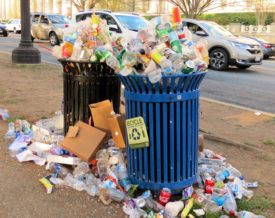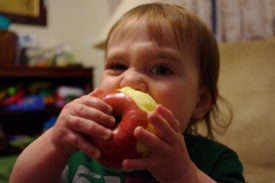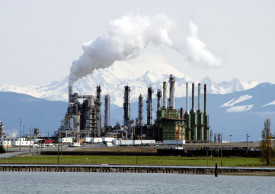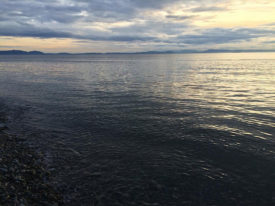A front-page story in the Seattle P-I today does a terrific job of covering a Sightline analysis of a problem we’ve tracking for some time: when it comes to hazardous waste fees, Washington state gives bulk discounts to the biggest polluters. It’s kind of astonishing, really—the more you pollute, the bigger your discount.
(See Alan’s early blog post on the issue, and download the full analysis here, which he co-authored with superstar research analyst David Kershner.)
The P-Iarticle summarizes the problem nicely:
The more hazardous waste you produce in Washington, the better the deal you can get from the state.
Companies that make chemicals, oil, paint, paper and airplanes must pay a Hazardous Waste Planning Fee for the toxic substances that they pump into the air and water or send to landfills.
But because the fee is capped, the top five producers pay less than $8 a ton for their dangerous waste, whereas companies producing smaller amounts can pay up to $250 a ton.
The problem fascinated us, because it touched on a number of issues that Washingtonians care deeply about: as protecting our natural heritage, making polluters pay, and plain old fairness.
Our suggestion: eliminate the cap, so that all waste is taxed equally. This would create an incentive for the highest-volume polluters to clean up, and would also make the tax fair to the hundreds of small and mid-size firms who don’t get a bulk discount. Eliminating the cap could even provide more funding for the Ecology Department’s pollution prevention efforts.
The Department of Ecology agrees that revisions to the fee are long overdue. So do many of the small businesses.
Isn’t this what they call a no-brainer?
Or, as Alan points out in his original blog post, even before we get to a comprehensive tax shift, we might start by aligning existing green taxes with the objectives of the agencies they fund.







